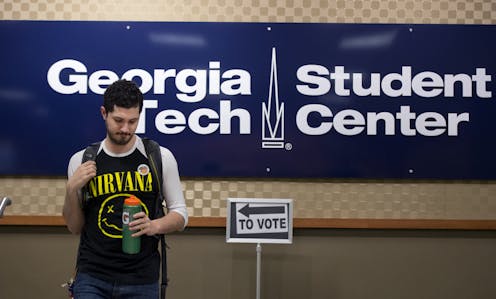

Authors: Mark C. Hand, Assistant Professor of Political Science, University of Texas at Arlington
Read more


